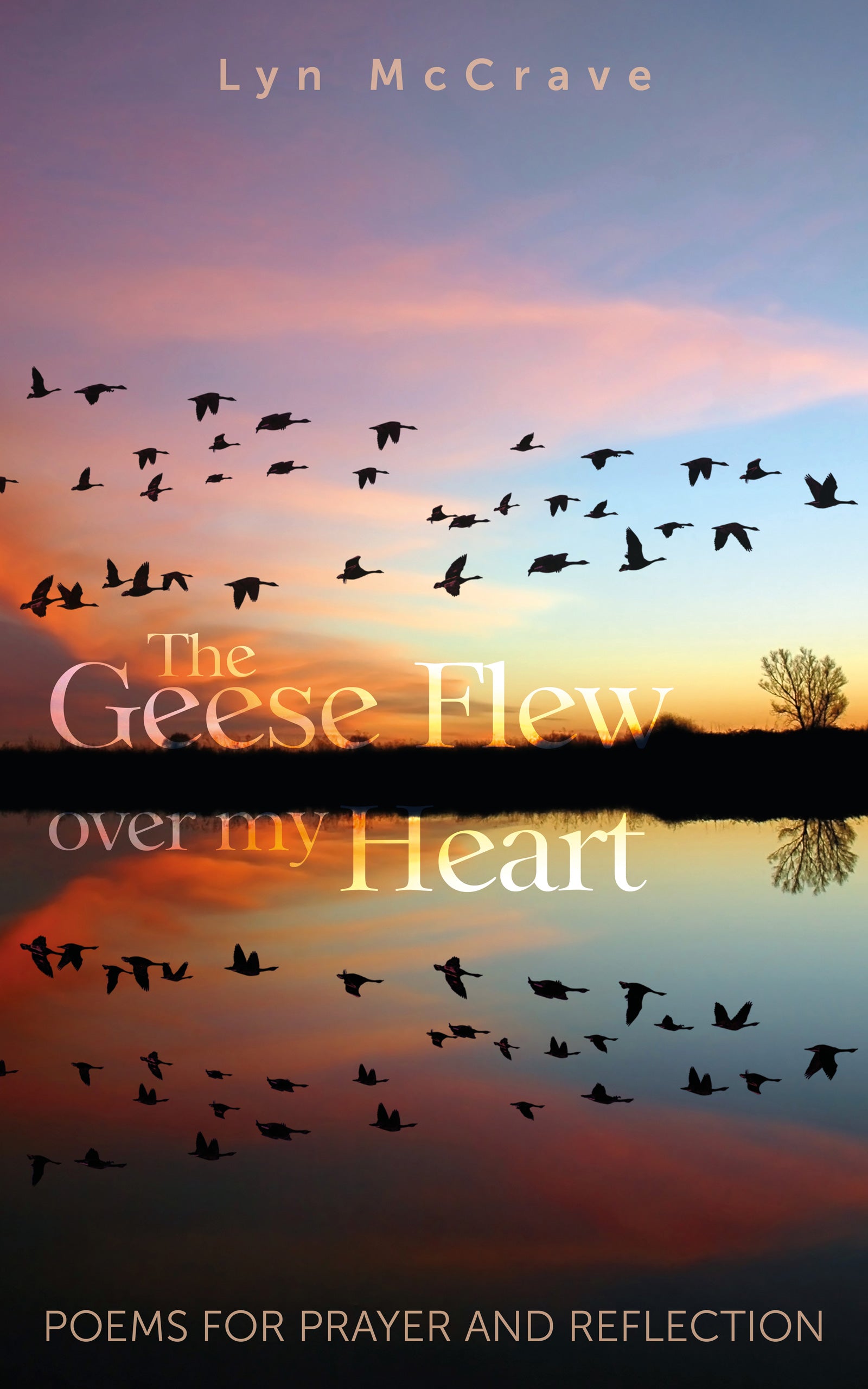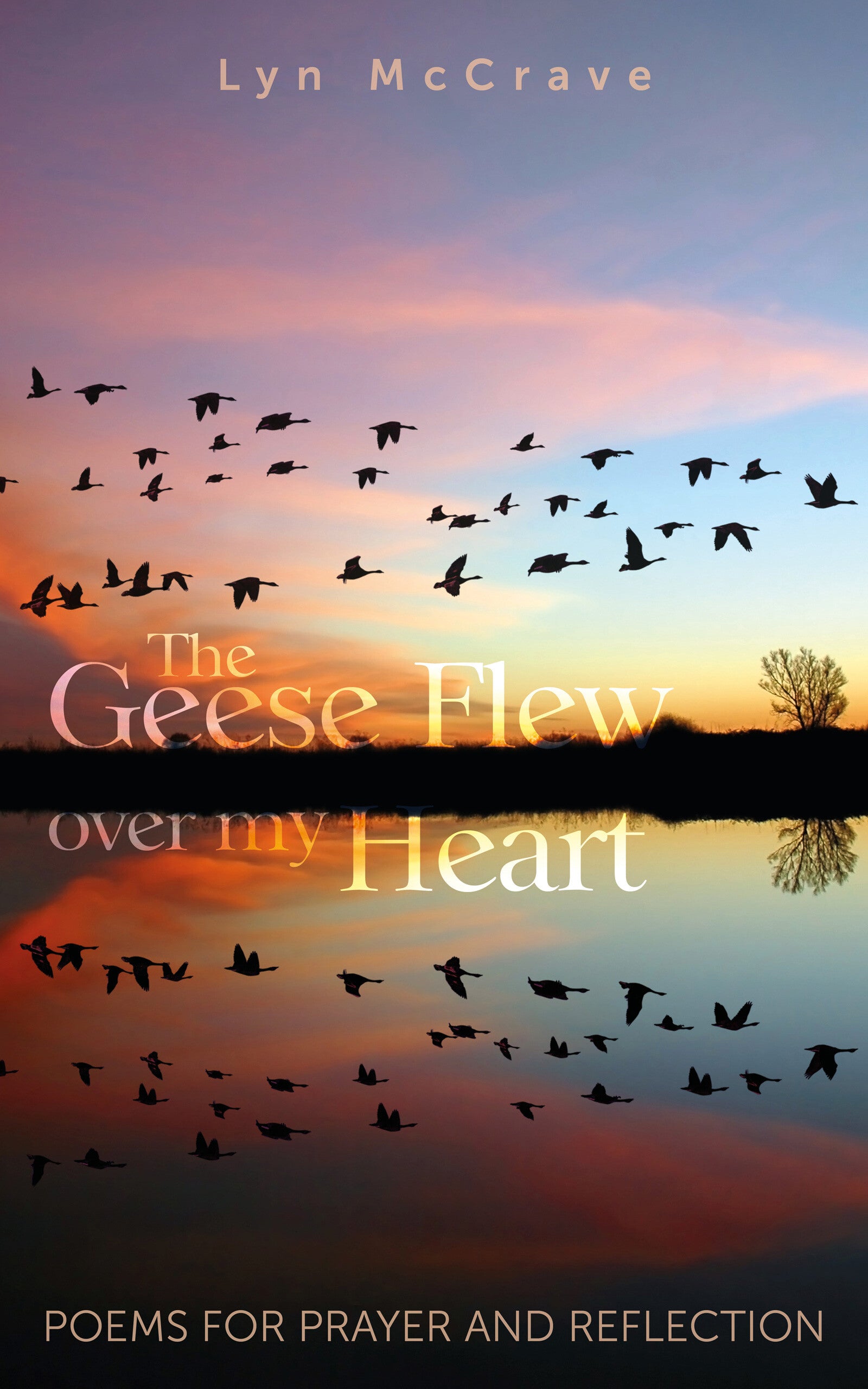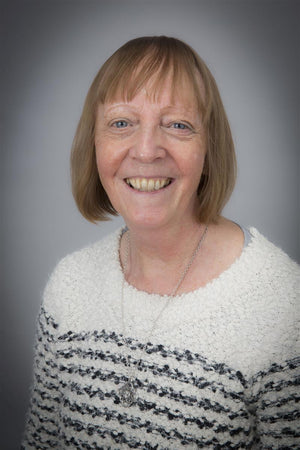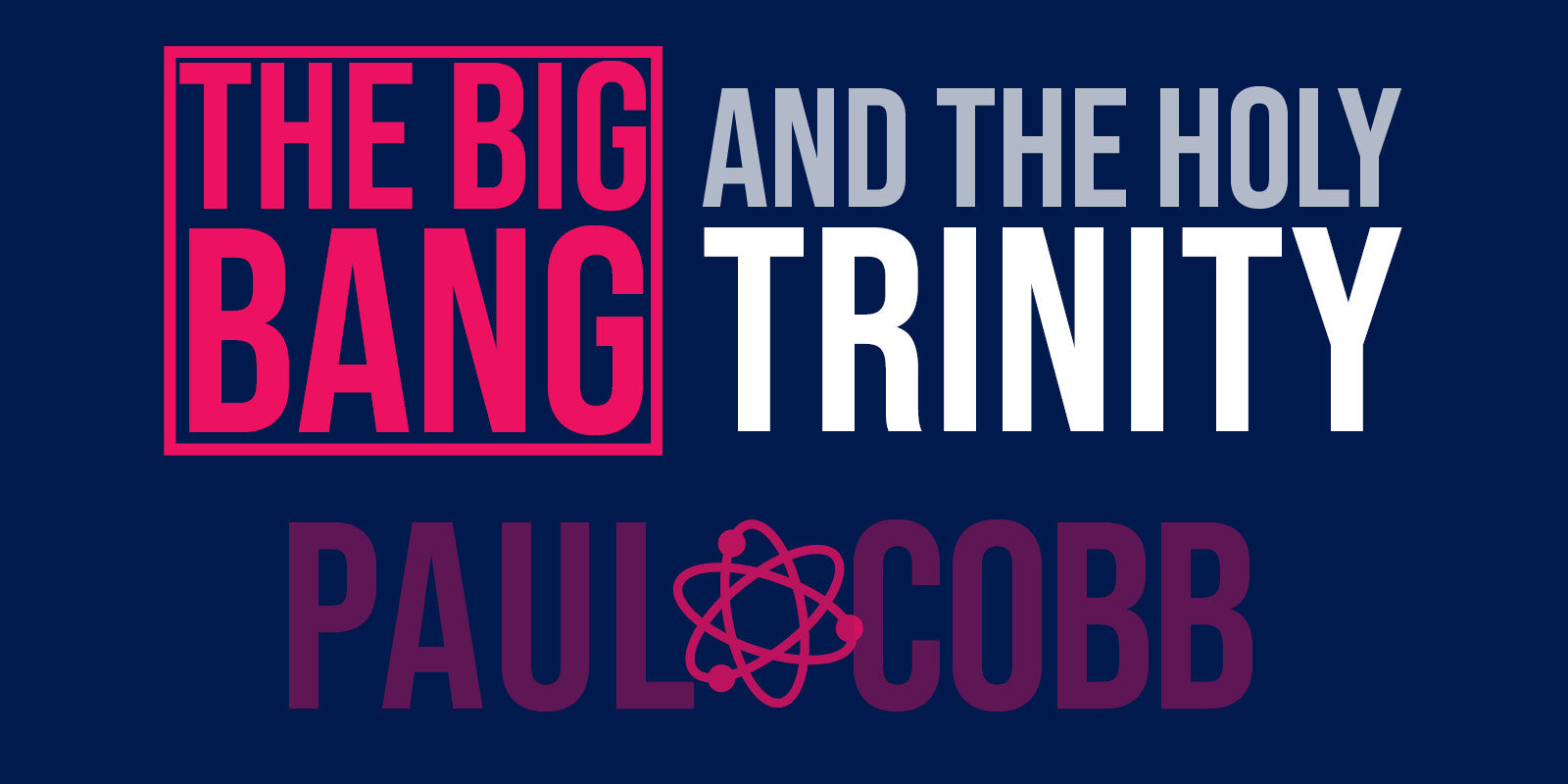
How do I write a poem? For me, writing a poem is deep listening in the presence of the sacred. It is an awaiting and also a labour of birthing a truth. A prayer.
First, there is inspiration, which might be a place, a person, an image. Sometimes a line of poetry will come into my head in the midst of pondering on life’s mysteries, such as the mystery of suffering, or the challenge of ageing, or how the God of a vast cosmos cares for one so small as myself.
So what inspires me? I am moved by the beauty of Creation, especially the Highlands and Western Isles of Scotland, and Northumbria. I love the mountains and wild places. I need to walk by flowing water. To wrap up and walk by the sea in all its moods never ceases to liberate and inspire me. But why the sound of geese flying and calling overhead touches me so deeply or makes me smile or shed tears of joy, I cannot explain. It is as if I hear the voice of the one I love near me, as I wrote in the poem “Vigil”:
The geese flew over my heart
and I almost glimpsed you.
And why I felt, particularly in my younger years, a need to go alone into the mountains I cannot explain. It was a presence I found there. A presence I longed for, as expressed in the poem “The Ascent”:
I need to pour out my strength for You
to be no more than empty
on a high crag,
awaiting Your descending.
Sometimes inspiration for a poem comes from an image that stays in my mind and speaks to me. Initially I don’t fully understand what the image is saying to me, but I know it is important so I stay with it. Then the poem comes and reveals to me the meaning. This happened when I saw a single tree growing alone on wasteland in the middle of a grey, riot torn city ghetto. There was no other greenery about. Just high rise flats and graffiti. A depressing area. Yet the tree lifted my spirits. The image stayed with me and the first lines of a poem came easily in the poem “The Tree on Waste Ground”:
I can take you to a place
in this grey city,
where a tree wearies itself
growing in the desolation.
I realised eventually that what gave me joy was the tree being its perfect self in the midst of darkness. Gradually I saw the image linked to perfect self-giving love: to Calvary.
Inspiration can arise from a painful situation, from heartache and loss. The poem “On Crossing the Border” was like this. I was alone, driving home to Scotland from England where I had been visiting my mother. She had Alzheimer’s and was deteriorating. It was as if she had a foot in two worlds. She was crossing a border that separated us. I knew she would never be able to come up to Scotland again. Never be able to enjoy all the outings we used to have together: visiting the local loch, gathering kindling for the fire and sitting in front of it in the evenings whilst we chatted and laughed and sang. It was when I literally crossed the border between England and Scotland that I realised all this and the words “There are other countries” came to me as tears flowed. I had to stop driving and wrote the poem in a nearby service station. It came as easily as my tears. It was given to me. A consolation.
The poem “Yellowhammers” was inspired by a promise I had made to a friend who was terminally ill with lung cancer. She found solace in the beauty of nature and watching the birds in her garden. She particularly loved yellowhammers and told me where they could be found. I promised to take her there in the spring and would remind her of this on the dark days of her illness. On one level the poem imagines the fulfilment of that promise. On a deeper level it shows the love of a friend accompanying another on the road to their death, the point where time ceases and there is just light. A resurrection.
I promise you yellowhammers
on a Spring day.
I will wrap you up
warm against the chill.
And wheel you up
that lane you love.
And when you see that golden wave
rising from the hedgerows,
we’ll stop. And smile.
Time will cease in that moment.
And all pain.
There will just be light
glinting on wing tips.
And birdsong.
Years ago, when I was in my late twenties and living in the Scottish Highlands, I had an experience of writing a poem when I felt completely uninspired. It was a grey day and I was feeling even greyer. I sat alone in my car overlooking the loch when an inner voice said to me: “Write a poem”. This seemed so ridiculous to me that I laughed mirthlessly out loud and said, “How can I write a poem feeling like this?” But the inner voice insisted, so I got out of the car in the chilly air and sat at a bench with a blank piece of paper. There was no one around. I gazed at the grey loch below and light pierced the clouds illuminating the water beneath and the words came in the poem “Joy and Sorrow”. It seemed like a miracle.
Other poems come to birth with much more labour. Often the first line comes easily but the rest requires effort or rather, as it were, getting myself into a state of perfect listening. I always write by hand. So I write and write and reread and say it out loud but I know it’s not right. So I sleep with it. I wake with it and carry it around in the day. The flow and the rhythm have to be right. I am distracted from doing anything else. Sometimes it’s as if I am being taught something through the very process of struggling to truly find the words. The truth gradually reveals itself. And can be a mystery to me, too.
I’m quite sure that the creative process is prayer. It is being in a sacred presence, and listening and finally receiving from a source beyond myself. This is why I desire to share these poems despite their imperfections and my vulnerability. I hope you enjoy reading them.
Lyn McCrave has lived in Scotland for nearly 50 years and started writing poetry as a teenager. She is a retired doctor who is married with a family and practises Spiritual Accompaniment in the Ignatian tradition.
Her brand new collection of poetry is out now: The Geese Flew Over My Heart is a deeply personal and at times haunting collection of poems reflecting the search for God in the pain and vulnerability of life, in human relationships, in nature and in the challenging aspects of life. The poems are prayerful and although personal, they speak of our common longing for meaning in life, and our desire for union, for relationship. Order your copy of this lovely little book today.











